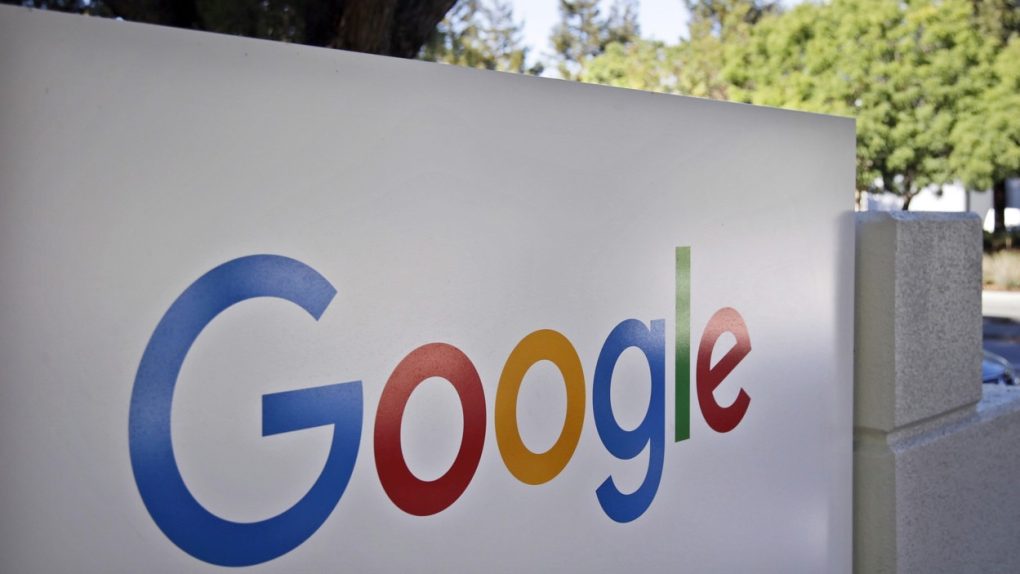This is the second time in a matter of just a few weeks we’re back writing about how Google is working on artificial intelligence software to replace human call center workers.
At Google’s Cloud Next conference today, the company spelled out some of the details of what it’s working on along these lines. The tech giant calls the software Contact Center AI, and it finds Google working with at least a dozen partners like Cisco and Vonage. Google Cloud chief scientist Fei-Fei Li in a company blog post today also noted that the technology shares some underlying similarities with Google Duplex, AI which we’ve previously noted the company wants to deploy in settings like restaurants and which would itself be a perfect addition to call centers.
From Google’s blog today about Contact Center AI, “When we studied the challenges faced by real contact centers every day, we found that customers often have simple transactional or informational requests,” Li writes. “For contact center employees, this can mean repetitive work, increased pressure on caller turnover, and less time to solve complex problems. For the callers themselves, it can mean frustrating menus, longer hold times and a diminished experience overall.”
That led Google to want to develop a machine learning-powered customer representative of sorts that’s tied in with Google’s Dialogflow package. Google introduced Dialogflow in November as a comprehensive development suite for building conversational agents — and today announced new capabilities for it.
The system already uses Cloud Speech-to-Text for accurate speech recognition, according to Li. To that, Google has added Text to Speech capability via DeepMind’s WaveNet and the Dialogflow Phone Gateway for phone integration.
The idea here is to use Contact Center AI to field customer calls, and if the virtual representative is not able to successfully handle the call, it can pass the customer over to a human agent.
“When a call is placed, the caller is immediately greeted by a Virtual Agent that answers questions and fulfills tasks all on its own,” Li’s post notes. “When a caller’s needs surpass the Virtual Agent, it transitions to a human representative. From there, the system shifts to a supporting role whereby Contact Center AI’s Agent Assist system supports the conversation and provides the agent with relevant information. Leveraging Dialogflow’s Knowledge Connectors, the assistive technology surfaces the most relevant knowledge articles from a company’s knowledge base, ensuring contact center agents are proactively presented with the best solutions for customers in near real time.”
She goes on to explain that while there are some similarities between this and Duplex, they have distinct technology stacks and overall goals.
We reported a little more than a month ago that Google was set to begin real-world testing of Duplex under limited conditions. That news came in turn about a month after Google first showed off Duplex at the company’s I/O developer conference, wowing attendees with how effectively the AI was able to accomplish simple tests while also sounding indistinguishable from a human.
All of this is apparently proceeding down parallel tracks as the company works out just how much more deeply it can integrate AI into our lives. Whether that’s helping us book a restaurant reservation, as with Duplex, or promising us via Contact Center AI that our call will be handled in the order received.








